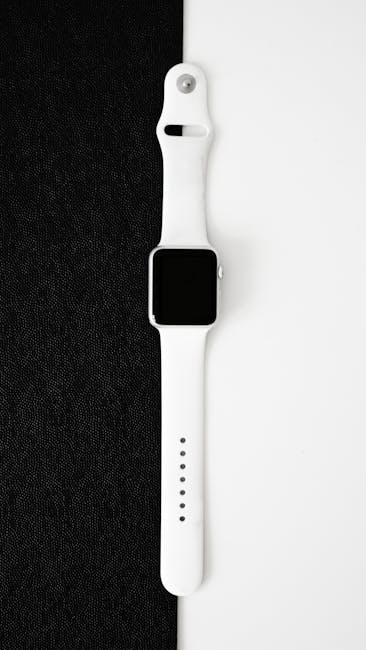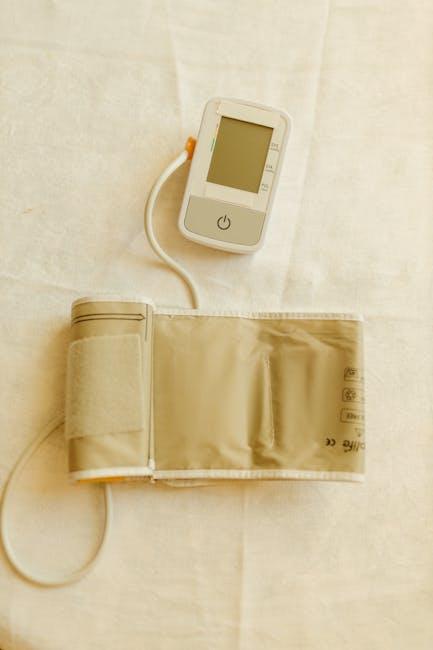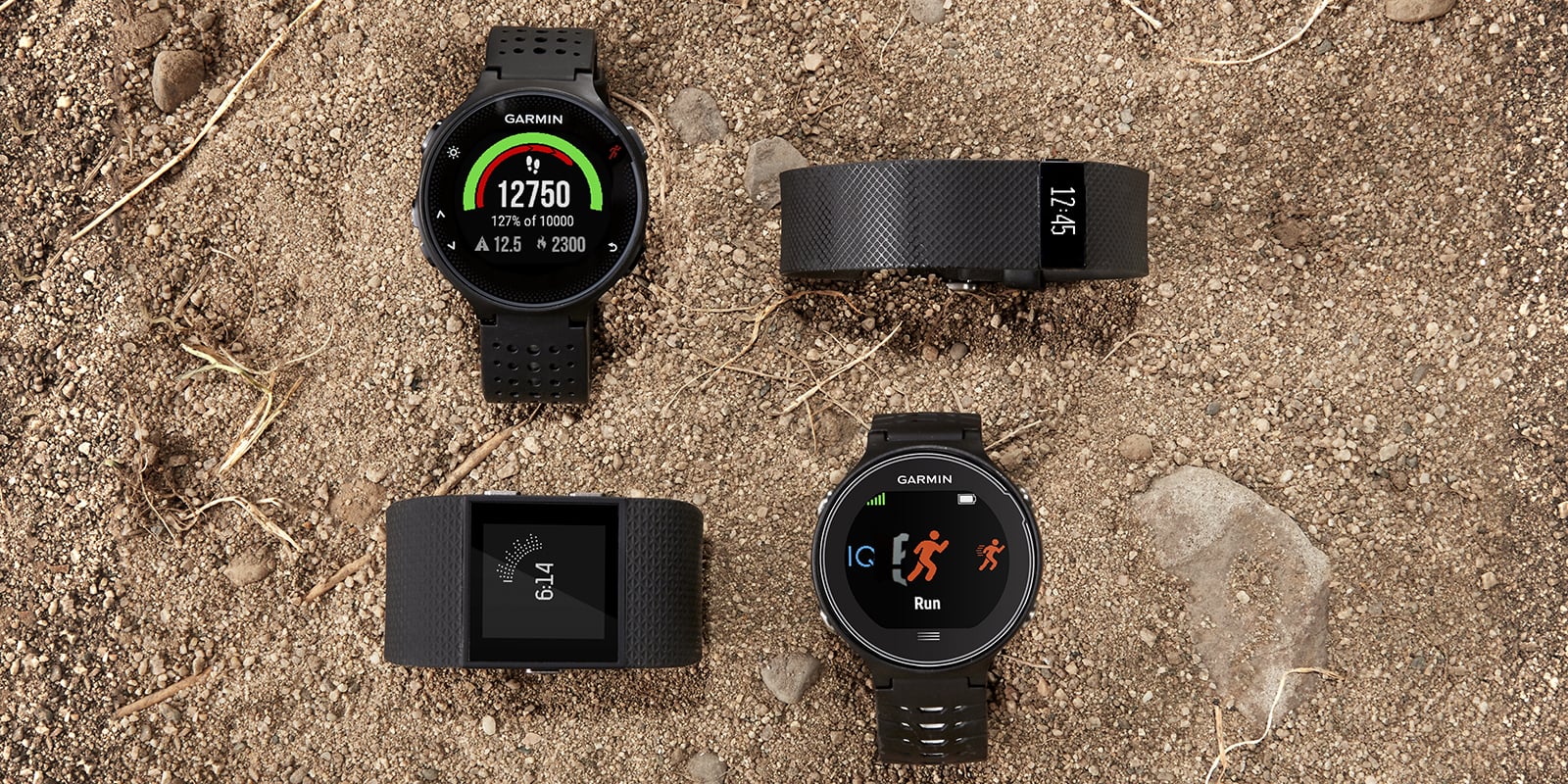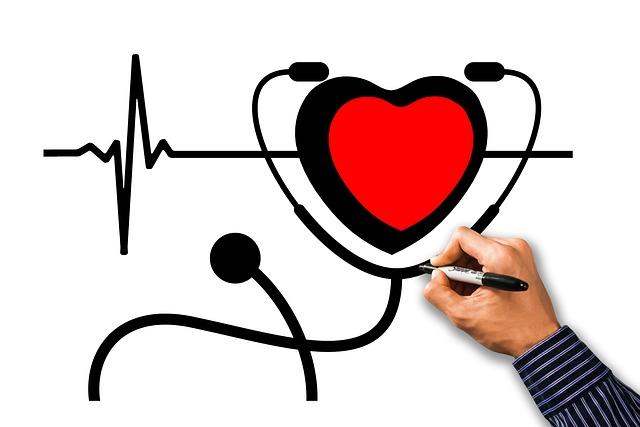In a world where fitness and health technology are becoming increasingly intertwined, the quest for the most accurate heart rate tracker has never been more crucial. Whether you’re a dedicated athlete pushing your limits, a casual gym-goer monitoring your progress, or someone simply striving to maintain a healthy lifestyle, understanding your heart rate can provide invaluable insights into your body’s performance and overall well-being. With an abundance of devices available today—ranging from sleek wristbands to innovative chest straps and even cutting-edge rings—finding the perfect fit for your needs can be overwhelming. This article explores the top contenders in heart rate monitoring technology, comparing their accuracy, comfort, and usability to help you navigate the options and make an informed choice. Join us as we delve into the world of heart rate trackers, uncovering the strengths and weaknesses of each style to arm you with the knowledge you need to enhance your fitness journey.
Evaluating Tracking Precision Across Wrist, Chest, and Ring Devices
When comparing heart rate trackers, precision is paramount. Devices worn on the wrist, chest, and fingers each offer unique advantages that impact their accuracy in monitoring heart rate during various activities. Wrist devices, often lauded for their convenience, rely on photoplethysmography (PPG) sensors which can be influenced by skin tone, movement, and external light. The accuracy of these devices can fluctuate substantially during high-intensity workouts, making them best suited for casual monitoring rather than professional training.
In contrast, chest strap monitors are widely recognized as the gold standard for reliable heart rate tracking. These devices utilize electrocardiogram (ECG) technology, ensuring a consistent and precise heart rate readout, even during vigorous exercise. Additionally, ring devices are gaining traction in the heart rate tracker market, offering a blend of convenience and innovative design.Despite their smaller form factor, some ring devices employ advanced sensors that rival wrist monitors in accuracy, making them an intriguing option for users seeking a discreet tracker. Evaluating the strengths and weaknesses of each type will help users select the device that best suits their lifestyle.
| Device Type | Technology Used | Accuracy level | Ideal usage |
|---|---|---|---|
| Wrist | PPG Sensors | Moderate | Casual Monitoring |
| Chest Strap | ECG Technology | High | Professional Training |
| Ring | Advanced Sensors | Moderate to High | Discreet Tracking |

Cutting-Edge Technology Enhancing Heart Rate Accuracy
In the quest for precise heart rate monitoring, advanced technology has made significant strides, incorporating optical sensors, electrocardiogram (ECG) capabilities, and machine learning algorithms into tracking devices. These innovations enhance the reliability of data collected, allowing users to understand their cardiovascular health better. Devices are now capable of filtering out noise and artifacts during high-intensity exercises,providing true heart rate readings that reflect effort levels accurately. Users can expect greater consistency and relevance in their metrics, making informed decisions easier during workouts and throughout the day.
Some of the leading technologies in heart rate tracking include:
- Optical Sensors: utilizing light to measure blood flow variations for heart rate detection.
- ECG-Based Monitoring: Offering medical-grade accuracy by measuring electrical signals from the heart.
- Artificial Intelligence Integration: Learning user routine patterns to enhance predictive accuracy.
This progression not only improves personal fitness regimens but also supports long-term health monitoring. As these tools become more complex, users can expect features like real-time notifications, historical trend analyses, and even alerts for abnormal heart rates, making them indispensable for anyone serious about wellness.

User Experience Insights: Comfort and Functionality in Daily Use
The choice of heart rate tracker goes beyond mere accuracy; it significantly impacts users’ comfort and functionality in various settings. Users typically prefer devices that feel natural during both athletic and daily routines. Wrist trackers, while popular, may sometimes cause discomfort due to their bulkiness. Conversely, chest straps are often praised for their accuracy but can be cumbersome during long wear, leading users to seek balance between precision and comfort.Ring trackers, emerging as a novel choice, often promise discreet yet effective monitoring without the encumbrance of traditional wearables.
For the best user experience, essential factors to consider include:
- Fit: Devices should conform to movements without restriction.
- Material: Skin-friendly materials help reduce irritation during prolonged use.
- Battery Life: Extended battery life ensures consistent functionality without frequent charging interruptions.
Analyzing user feedback reveals that those who prioritize daily comfort and seamless integration into active lifestyles often gravitate towards trackers that offer adjustable sizing or modular designs. Here’s a speedy comparison of user satisfaction across device types based on functionality:
| Device Type | Comfort Rating (1-5) | Functionality Rating (1-5) |
|---|---|---|
| Wrist Tracker | 4 | 4 |
| Chest Strap | 3 | 5 |
| Ring Tracker | 5 | 4 |

top Recommendations for Every Activity Level and Lifestyle
Whether you lead an active lifestyle or prefer a more relaxed approach to fitness, choosing the right heart rate tracker can make all the difference in monitoring your health. For fitness enthusiasts, wrist-worn trackers like the latest Garmin Venu 2 offer advanced metrics, including VO2 max and recovery time. For those who engage in high-intensity workouts,a chest strap such as the Polar H10 delivers extraordinary accuracy,making it ideal for detailed heart rate analysis during rigorous training sessions.Meanwhile, smart rings like the Oura Ring provide a discrete option that seamlessly integrates into daily routines, tracking not just heart rate but sleep patterns and readiness levels as well.
Your lifestyle may dictate which heart rate tracker aligns best with your needs. Here are some suggestions based on different activity levels:
| Activity Level | Recommended Tracker | Key Features |
|---|---|---|
| Casual | Fitbit Inspire 3 | Basic heart rate tracking, sleep insights, and guided breathing |
| moderate | Apple Watch Series 8 | Heart rate alerts, ECG feature, and fitness tracking apps |
| Intense | suunto Smart Sensor | Real-time heart rate, intervals, and customizable workout feedback |
Selecting the right heart rate tracker is essential for keeping up with your individual health goals, whether you are walking for leisure, training for a marathon, or maintaining everyday wellness.Remember to assess not only the accuracy of the device but also it’s compatibility with your existing fitness regime to ensure you stay on track and motivated.
To Wrap It Up
As we draw the curtains on our exploration of the most accurate heart rate trackers—whether worn on the wrist, strapped to the chest, or nestled delicately on a finger—it’s clear that each device holds its own unique virtues. The continual advancements in technology have paved the way for tools that not only promise precision but also adapt to the diverse lifestyles of users. Whether you’re a dedicated athlete looking to optimize performance, a fitness enthusiast monitoring your health, or someone simply striving to cultivate a better understanding of your wellbeing, the right heart rate tracker can empower you on your journey.
Ultimately, the choice among wristbands, chest straps, and rings comes down to personal preference, intended use, and, of course, comfort.By weighing the features,accuracy,and the overarching goals you wish to achieve,you can harness the power of these innovative devices to gain deeper insights into your heart health.
As technology continues to evolve, we can only anticipate even more sophisticated solutions on the horizon. For now, the heart rate tracker that resonates with you is one step closer to mastering the rhythm of your own heart in perfect harmony.


